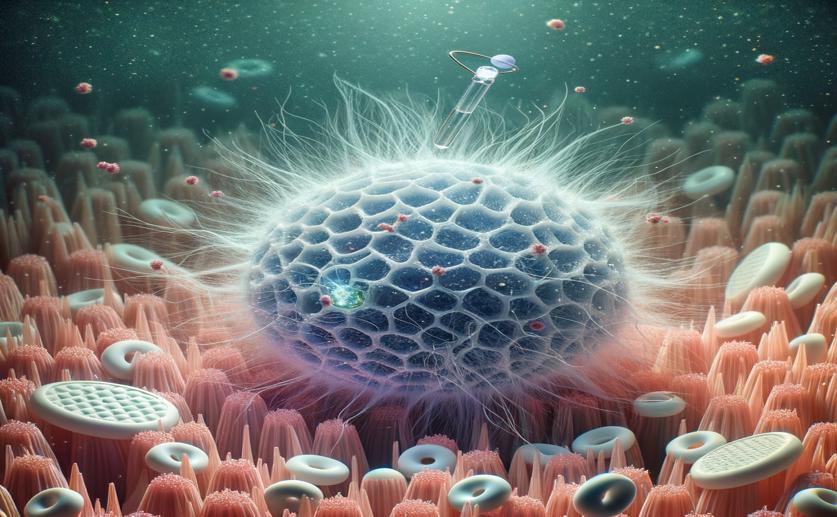
Microplastics from Disposable Face Masks Pose Genetic Risks to Onion Cells
Jenn Hoskins
9th June, 2024

Image Source: Natural Science News, 2024
Key Findings
- The study by Vellore Institute of Technology found that disposable face masks release microplastics (MPs) into the environment
- These microplastics, mainly made of polypropylene, increase in concentration with prolonged exposure
- The MPs from face masks cause significant toxicity to the roots of the plant Allium cepa, primarily due to oxidative stress
References
Main Study
1) Time dependent release of microplastics from disposable face masks poses cyto-genotoxic risks in Allium cepa.
Published 7th June, 2024
https://doi.org/10.1016/j.ecoenv.2024.116542
Related Studies
2) Surgical face masks as a potential source for microplastic pollution in the COVID-19 scenario.
3) Effects of micro(nano)plastics on higher plants and the rhizosphere environment.
4) Quantification of trace elements in surgical and KN95 face masks widely used during the SARS-COVID-19 pandemic.



 19th January, 2024 | Jenn Hoskins
19th January, 2024 | Jenn Hoskins